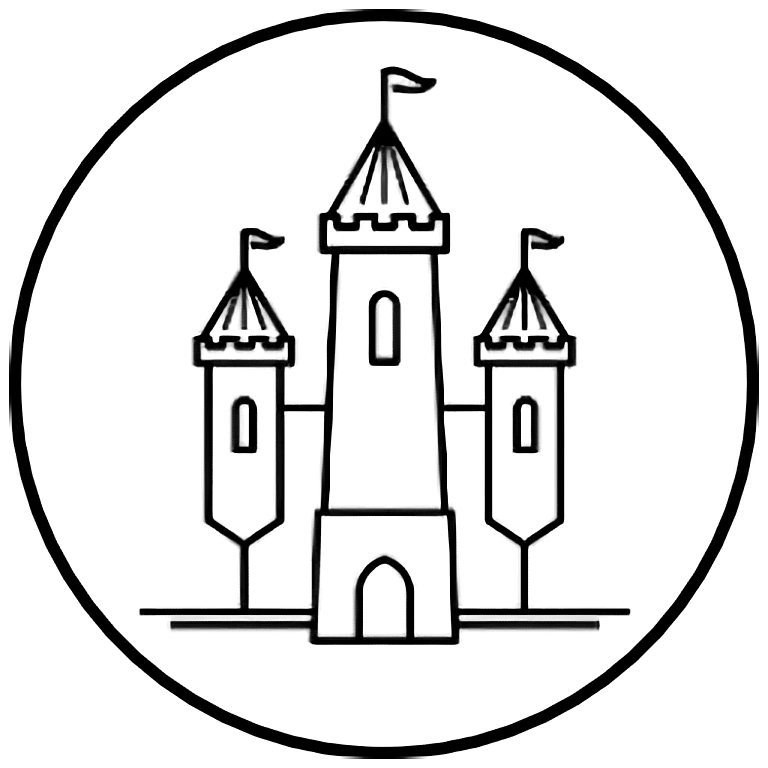The Didache (Greek, for Teachings), also known as “The Teachings of the Apostles,” provides valuable insights into early Christian communities and it’s practices. When we speak about communities, it is crucial to understand that Christianity was very diverse in the 1st. and 2nd. century AD. This groups had similar or even widely different views of devine. The Didache is considered orthodox, meaning it is very similar to our modern understanding of this apocalyptic understanding of christian faith.
This ancient document was found by Philotheos Bryennios in 1873 in the Library of the Holy Sepulchre in Constantinople and offers a glimpse into the beliefs and rituals of the early church, shedding light on the religious landscape of the time. Scholars have long studied the Didache to gain a deeper understanding of early Christian theology and ethics. Its significance lies in its potential to illuminate how Christianity developed in its formative years.
A closer examination of the Didache reveals a wealth of information about baptism, Eucharist, fasting, prayer, and ethical teachings that were integral to the early Christian community. Furthermore, it provides valuable historical context for understanding the evolution of Christian doctrine and practice. As we delve into this remarkable text, we uncover a treasure trove of knowledge that enriches our comprehension of early Christianity.
Exploring the Didache allows us to appreciate the diverse expressions of faith within the early Christian tradition and grasp how these teachings continue to influence contemporary interpretations of Christianity. By delving into this ancient text, we embark on a journey of discovery that expands our understanding of the roots of Christian belief and practice.
The Didache Audio book
In this engaging and informative audio book, you will have the opportunity to listen to the entire Dediche being read aloud, providing you with a rich and immersive experience.
Christian Ethics In The Didache
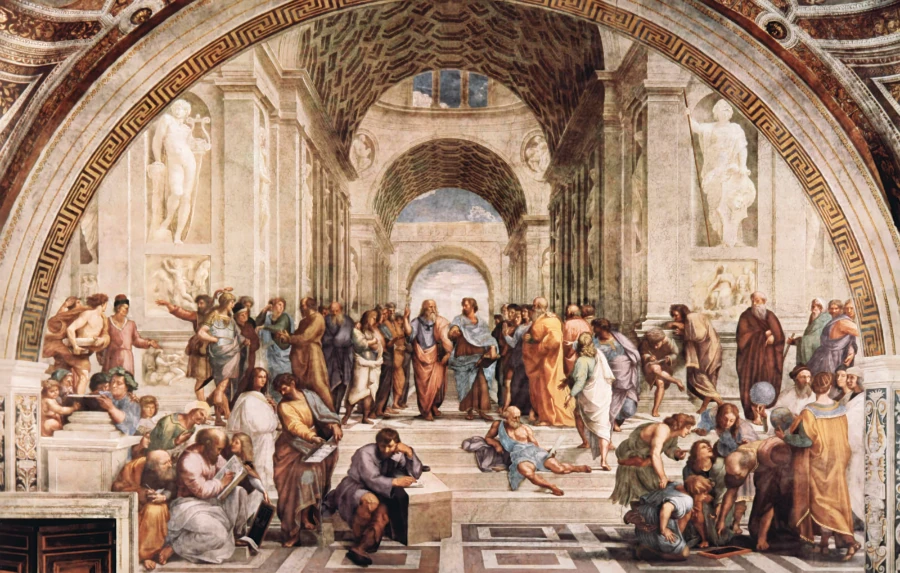
As we explore the Didache, it’s worth noting that scholars such as Dr. James Tabor and Dr. Bart Ehrman regard the Didache as a significant source of 1st or 2nd-century Christian literature, providing a distinct viewpoint on the ethical beliefs of early Christianity. The guidance it provides on moral conduct, societal obligations, and ethical lifestyles offers valuable understanding into the ethical considerations of early Christian societies.
Functioning as a guide for Christian education, the teachings of the Didache provide us with valuable insights into the beliefs and practices of the first followers of Christ. Presented as instructions and guidelines, the Didache comprehensively summarizes the fundamental beliefs and rituals of the early Christian congregations. Apart from its role as a doctrinal guide, the Didache also reveals a wealth of information about the values, concerns, and structure of these early communities.
One notable aspect of the Didache is its focus on ethical living and moral conduct, highlighting the early Christian emphasis on love, charity, and compassion towards one another. This emphasis on ethical behaviour demonstrates the strong sense of community and support within these early Christian groups.
Organisation of Christian life

It also provides insights into the organisational structure of the early Christian communities, outlining the roles of traveling prophets and local community leaders, and establishing guidelines for the reception of itinerant preachers. This organizational framework reflects the early Christians’ commitment to maintaining order and unity within their congregations. Beyond its role as a handbook for Christian instruction, the Didache provides a window into the beliefs and values of the early Christian communities, revealing their deep-rooted principles of faith, love, and communal living. By studying the teachings of the Didache, we can gain a clearer understanding of the foundational principles that shaped the early Christian movement.
Apostolic Teaching
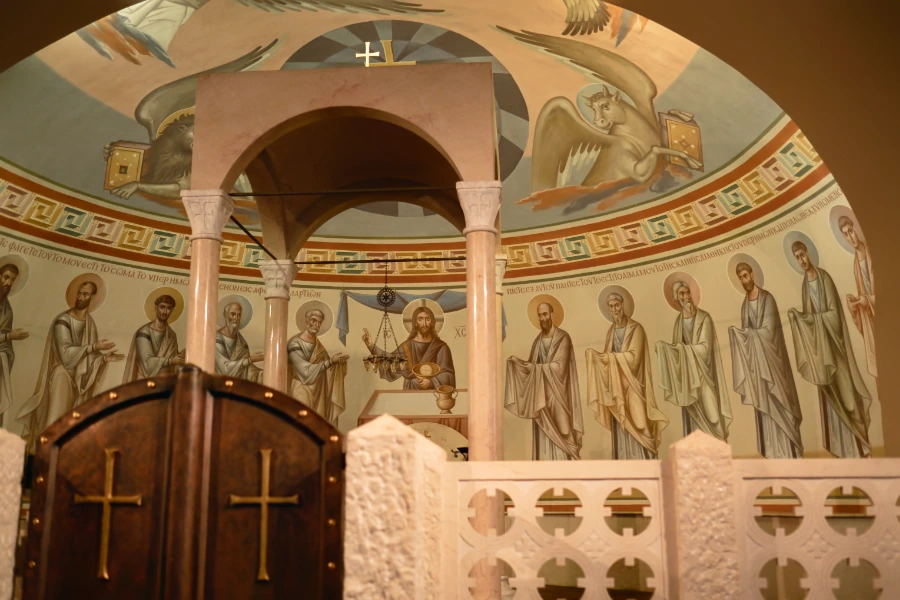
The Didache contains a rich collection of apostolic instructions covering doctrinal guidance, ethical imperatives, and practical directives. Prominent spiritual leaders who ignite a sense of inspiration within Christian communities deserve utmost recognition, as emphasized in the Didache. This principle ensures that believers are nurtured with the Holy Spirit to propagate and safeguard the Christian message. Esteemed scholars such as Dr. Karen King and Dr. Larry Hurtado are diligently examining and contrasting the Apostles’ teachings with other Christian texts to provide a deeper contextual understanding and affirm the established knowledge of this religious movement during the initial two centuries, illuminating its rise to success and widespread appeal.
Early Christian Communities
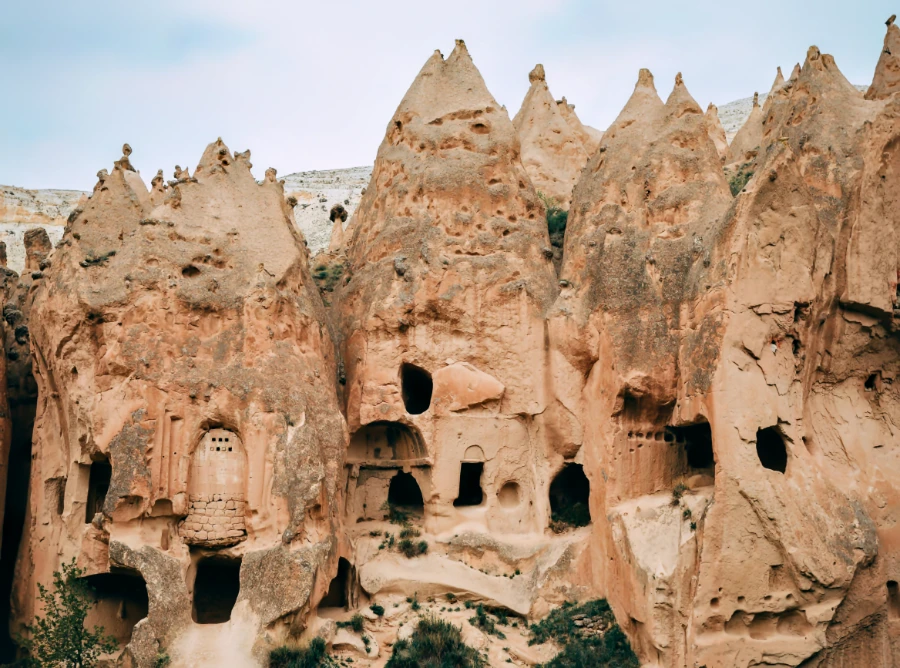
By exploring the practices and values in the Didache of this communities and their beliefs, we gain a deeper understanding of the interplay between faith and communal living during the establishment of Christian society such as Orthodoxy. The Didache serves as a great piece of insight to early Christian thought, prompting critical reflection on how these teachings continue to influence contemporary interpretations of Christianity. Comparing it to other writings of the time, such as orthodox texts like the Gospel of Peter, or Gnostic works such as the Gospel of Judas and The Second Treatise Of The Great Seth, reveals the diversity and development of these early Christian societies.
The Didache On Baptism
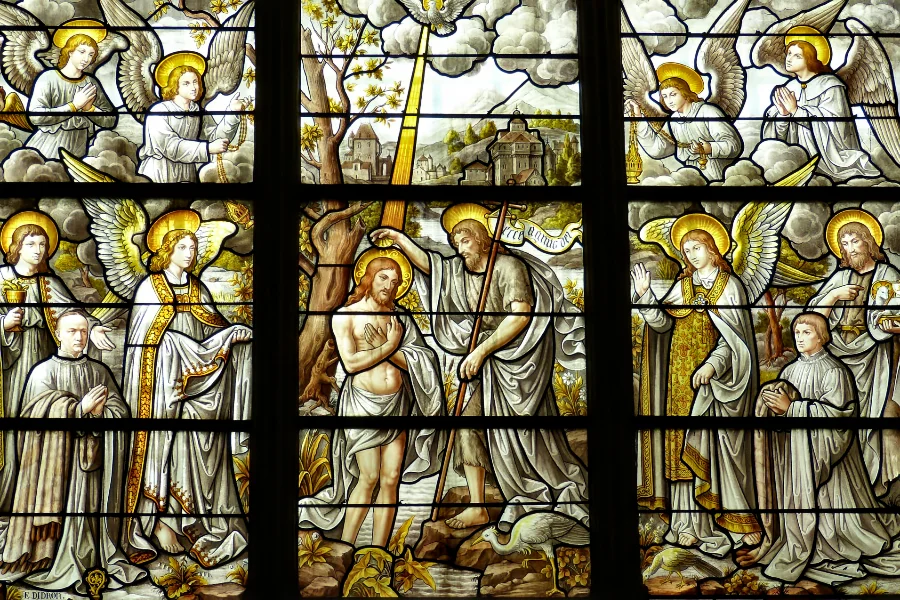
The Didache offers valuable insights into the early Christian community’s practice of baptism, capturing the attention of scholars with its thorough exploration of this significant sacrament. It imparts a wealth of teachings that illuminate the importance of baptism in the early years of Christianity which originated from Judaism and leaders like John the baptist. Scholars have meticulously analyzed the Didache’s baptismal instructions to grasp their implications for early Christian beliefs.
This ancient text not only elucidates the baptismal ritual but also provides crucial historical context for comprehending its evolution within the religious landscape of that era. The document’s treatment of baptism provides an intriguing avenue for comprehending the foundational significance of this sacrament and its enduring impact on the development of Christian theology and ethics.
Summery
Scholars have long studied it to gain a deeper understanding of early Christian theology and ethics. Its significance lies in its potential to illuminate how Christianity developed in its formative years. It provides valuable historical context for understanding the evolution of Christian doctrine and practice. As we delve into this remarkable text, we uncover a treasure trove of knowledge that enriches our comprehension of early Christianity. Exploring the Didache allows us to appreciate the diverse expressions of faith within the early Christian tradition and grasp how these teachings continue to influence contemporary interpretations of Christianity. By delving into this ancient text, we embark on a journey of discovery that expands our understanding of the roots of Christian belief and practice.
The Didache has been a subject of great interest and debate among scholars, as its authorship remains a matter of conjecture. The text is anonymous similar to other New Testament texts. While the identity of the author remains uncertain, some scholars have attributed its composition to an anonymous figure associated with the Jerusalem church or proposed that it may be the work of a community rather than an individual. Furthermore, comparisons with other early Christian texts offer intriguing insights into its possible origins and influences.
As we explore further into this incredible document, we find that it functions as a guide for Christian education, providing valuable insights into moral conduct, societal obligations, ethical lifestyles among other aspects present in early Christian congregations.
This ancient text not only elucidates baptismal ritual but also provides crucial historical context for comprehending its evolution within the religious landscape at that time.
It’s worthwhile noting that scholars regard The Didache as significant source material for 1st or 2nd-century Christian literature. The guidance provided by The Didache on moral conduct underscores strong emphasis placed upon love compassion towards one another and reflects deep-rooted principles fundamental within these communities.
By studying this rich collection we gain understanding about organisational structure roles played by traveling prophets local community leaders which reflect commitment towards maintaining order unity within their congregations.
FAQ
Is the Didache authentic?
Its authorship remains Unknown and a matter of conjecture, sparking great interest and debate among scholars.
Should i trust and read the Didache?
If you are a Christian, it has the same value as every other text which made it into the Canon. It is a personal choice what you like to trust. From a historical point of view it is simple a text written by an unanimousauthor.
What is the Didache?
It is a manual for a Christian how to live and priorities his life according to the scriptures.
When was the Didache written?
It is still not pinpointed exactly to a date but many scholars think that it has been written towards the conclusion of the first century, and with greater likelihood, during the second century.
Why is the Didache important?
The Didache is widely recognized as the inaugural manifestation of the Church Orders genre. This significant document provides valuable insights into the self-perception of Jewish Christians and their efforts to accommodate the needs of Gentile Christians. Notably, it shares striking similarities with the Gospel of Matthew, suggesting a probable common origin within closely aligned communities.
Why is the Didache not in the bible?
It did not adhere to the 4th-century orthodoxy set by the Council of Nicaea. This might have played a role in the Didache’s exclusion from the New Testament canon. Additionally, its resemblance to The Gospel of Matthew may have made it unnecessary, and its perceived Jewish influence may have clashed with the beliefs of some 4th-century Christians.
What does the Didache say about the eucharistic celebration?
DIDACHE 14: On the Lord’s Day, gather together, share bread, and conduct the Eucharist. Before doing so, confess your wrongdoings so that your offering is sincere. However, do not allow anyone with a dispute to join until they have reconciled, to keep your sacrifice pure.
